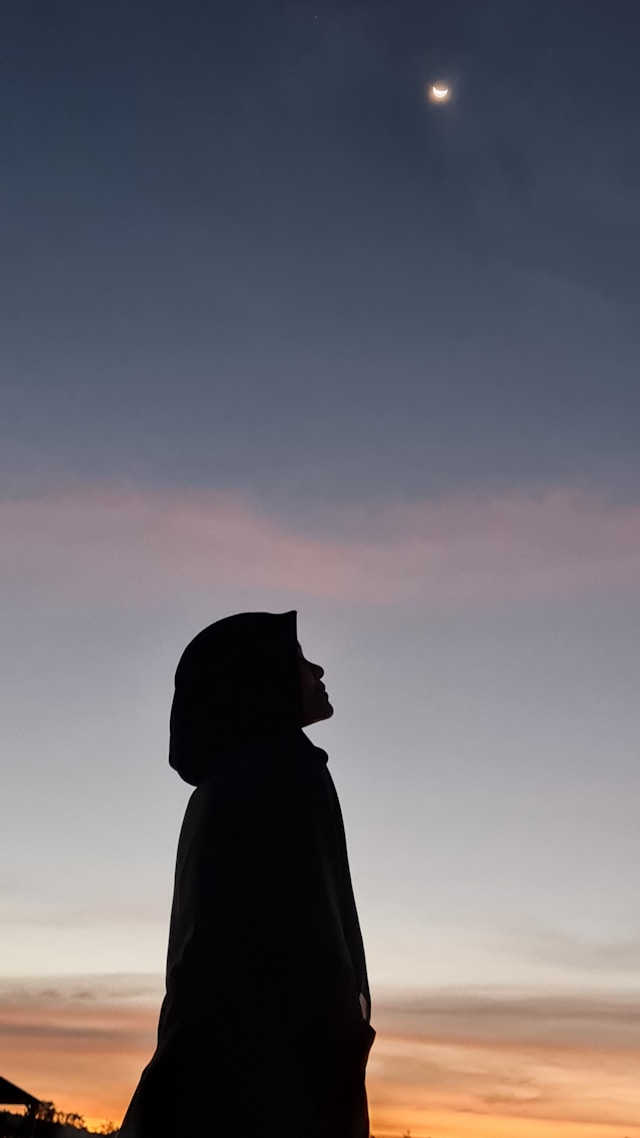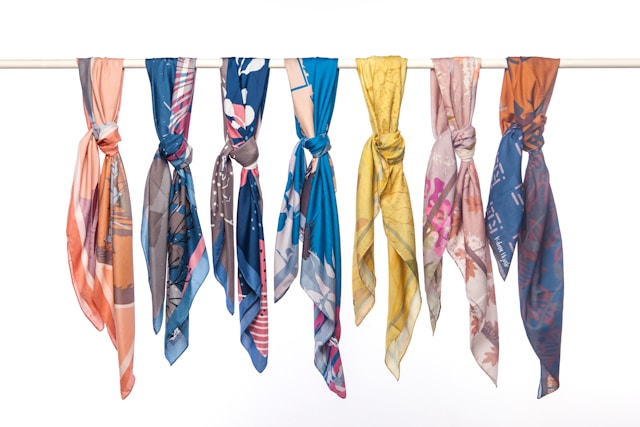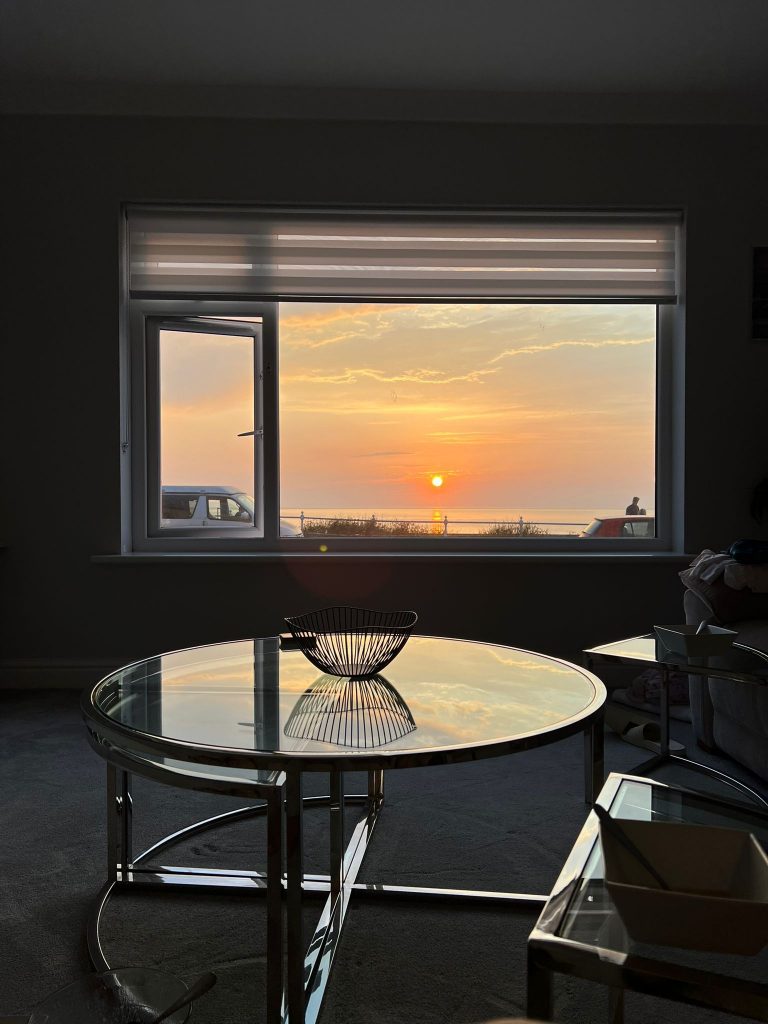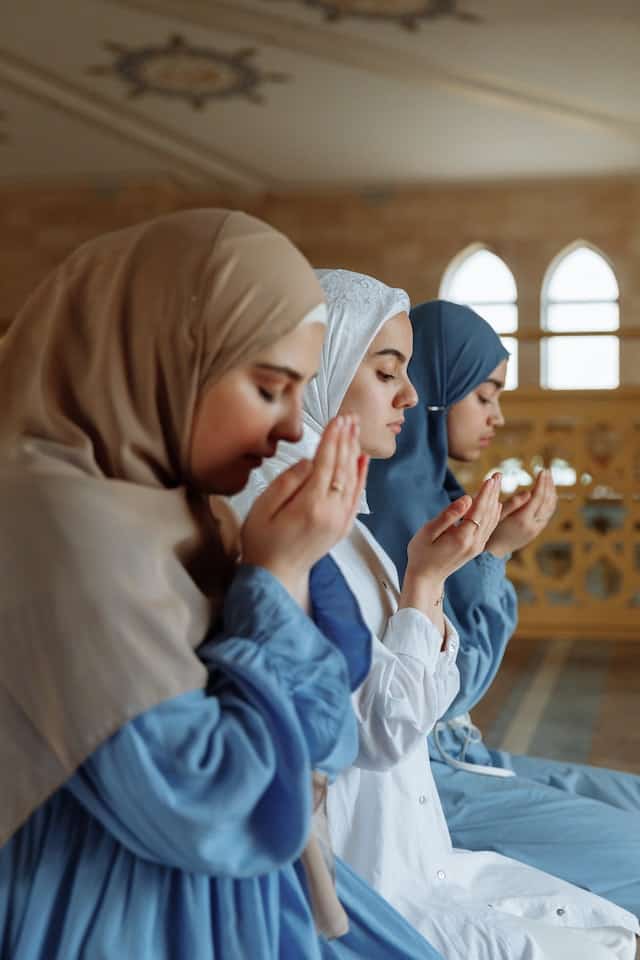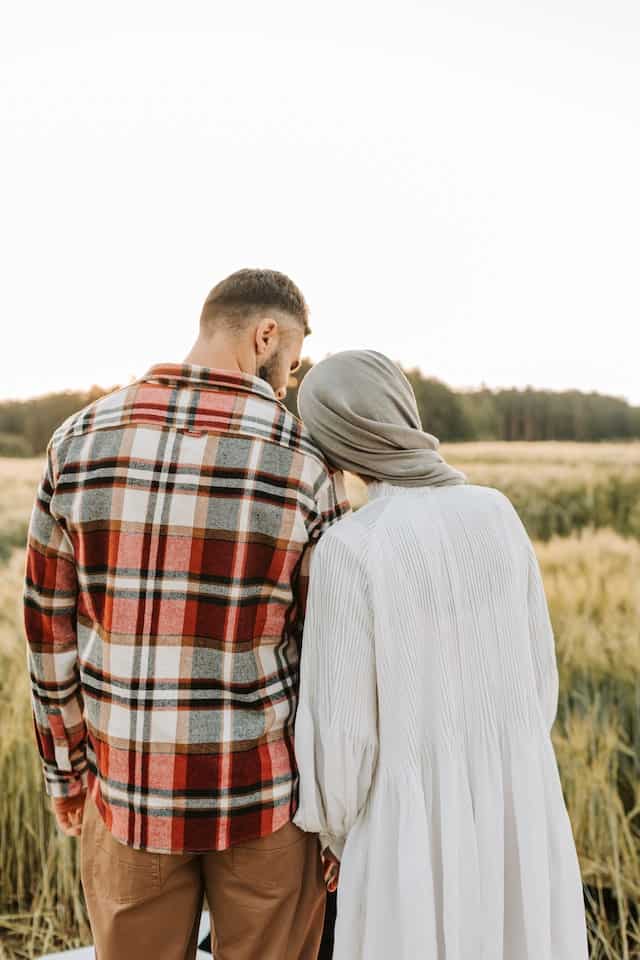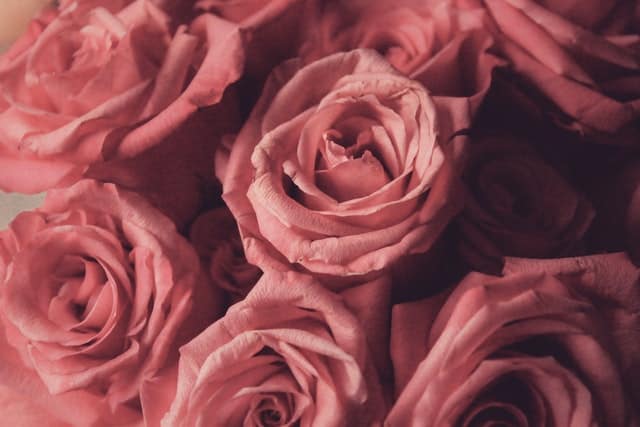All About Eve: Restoring the Qur’anic Image of Womanhood
There is an enormous amount of information and research work on Muslim women that is confused with culture and unsubstantiated. A big part of that confusion is that we no longer know what is genuinely Islamic and what is just culture. On top of that, we are constantly being fed images from media, films, drama,…

